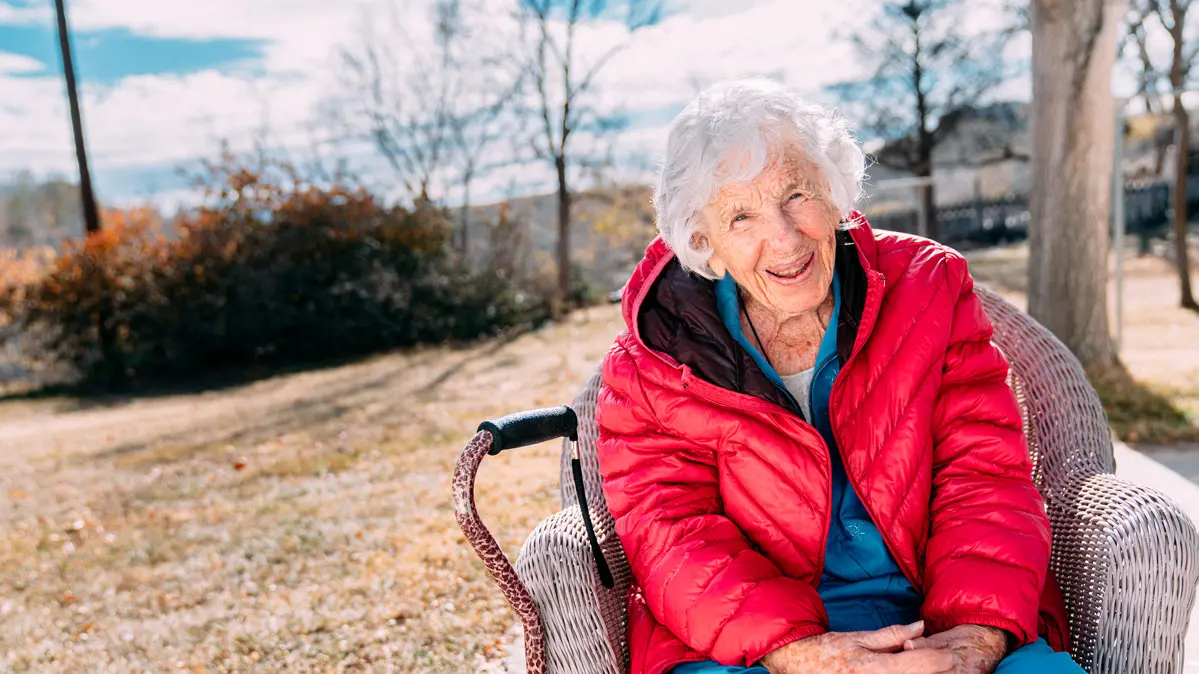8 evidence-based tips to live to a healthy 100
Researchers have studied centenarians living around the world to learn what habits make a difference for longevity.

(Photo from Getty Images)
Would you like to live to 100 and beyond with a great quality of life?
In 2021, 89,739 centenarians — people who live to 100 or older — were reported to be living in the U.S. While that number is a small fraction of the population, about 0.027%, it has been increasing over the last two decades. We can learn valuable lessons from this small population.
Data from the nationally representative Health and Retirement study, “Becoming centenarians: disease and functioning trajectories of older U.S. adults as they survive to 100,” suggest that centenarians are generally healthier than other people of their generation. Many reach 100 with no major chronic diseases or disability, and more than half have no cognitive impairment.
Longevity may in part result from location. Researchers studying longevity in places where people live the longest around the world, called “blue zones,” found residents had similar habits that support good health:
- They prioritize stress relief throughout the day.
- They largely eat a plant-based diet, don’t overeat and drink alcohol in moderation.
- People in these areas stay active throughout the day, working, walking and playing together.
- Community plays a big part in their lives: They feel connected to their community and have a sense of purpose and belonging. Family, whether biological or chosen, comes first for them. These social circles reinforce and support healthy behaviors.
You don’t have to move to another part of the world, though, to enhance your health and well-being. Instead, focus on choosing healthy behaviors, because even small changes can make a large impact on your life. We know that while genetic makeup plays a part in overall health, over 80% of chronic disease can be prevented with healthy behaviors.
Here are eight evidenced-based tips to age healthily, no matter where you live:
Move more, sit less. Just 30 minutes of exercise five days a week reduces risk of cardiovascular disease, the No. 1 killer of men and women; even 11 minutes a day has been shown to have heart health benefits.
Eat and drink healthily. Strive for five servings of fruits and vegetables a day and if you drink alcohol, don’t drink more than one standard drink a day.
Don’t use tobacco — or quit if you do.
Get regular checkups. Catching problems early can be key to prevention and treatment.
Know your family history. Don’t wait — ask your family members about chronic diseases and mental health disorders they have experienced and gather information about deceased relatives. Learning your family’s health history can give your health care provider important clues to help diagnose problems as you age.
Be aware of changes in brain health. A little memory loss is normal as we age. However, if cognitive problems make it hard to get through the day for you, your family member or friend, reach out to your health care professional for help.
Sleep seven hours a night, at least.
Reduce stress by building your resilience skills, such as practicing gratitude and mindfulness, finding a sense of purpose and building connections with others.



